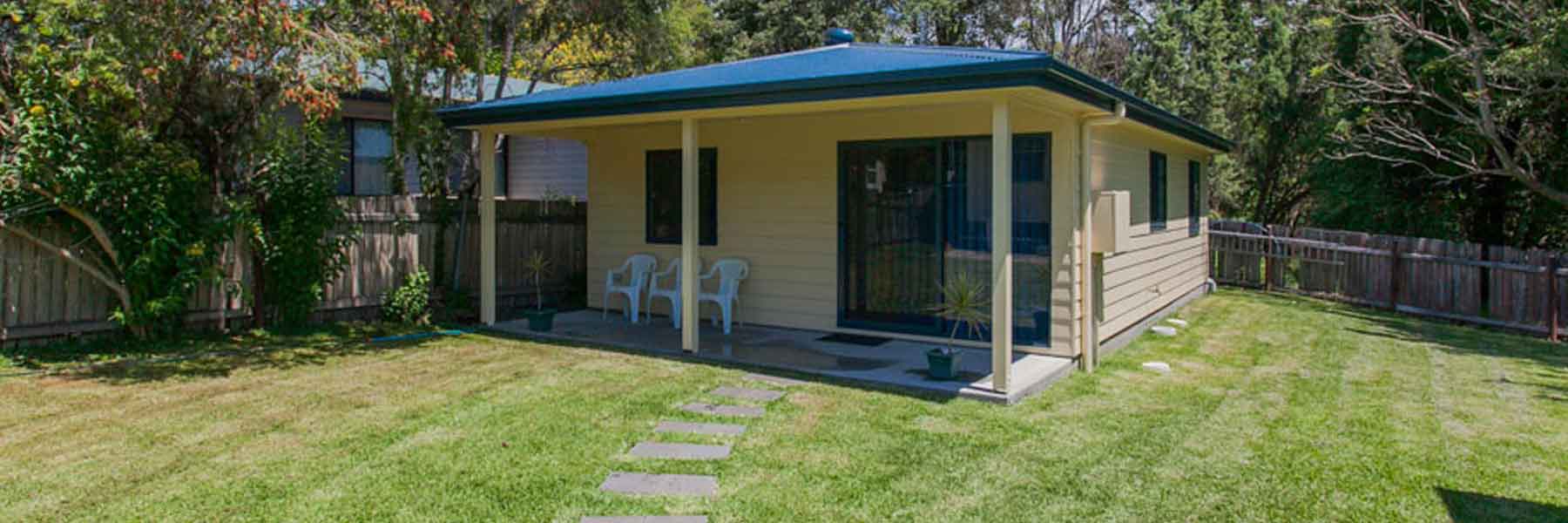Home > Home Loans > Home Loans for Contractors
Home Loans for Contractors
Working as a contractor shouldn’t stop you from getting a home loan, however there are some things you should know.
Author
Savvy Editorial TeamFact checked
Contract working has long been a dominant sector of the Australian workforce and is continuing to grow.
Some contractors can experience irregular streams of income, with different levels of income coming through at different periods of time. This doesn’t mean lenders aren’t willing to work with you, but it can definitely complicate the process of getting a loan.
Contract workers have a number of options available to them to secure a home loan and get them into a new home.
How do home loans for contractors work?
Since you can demonstrate your income in different ways as a contractor, there are various home loan products available for those working in different situations.
Full doc home loan
If you have been a contractor for a long period of time, you could be eligible for a standard full doc (full documentation) home loan. To do so, you would need to provide extensive documentation proving your income. For a contractor this could include:
- Tax returns and assessments from the past two years.
- A recent profit and loss statement.
- Recent business bank statements.
If you cannot provide tax returns and assessments from the past two years as you have not been a contractor for this period of time, you will not be eligible for a full doc home loan.
Low doc home loan
A low doc (low documentation) is an option for you if you have not been working long enough as a contractor/do not have access to all of the relevant documentation to be approved for a full doc home loan. To be eligible for a low doc home loan you will need to provide the following:
- A signed income declaration/accountant statement.
- A business activity statement (BAS).
- Any recent business bank statements.
While the aspects of a low doc home loan such as interest rates and the features involved may be in line with a full doc home loan, the deposit needed may be higher than what is required for a full doc loan.
This is because due to the lower level of documentation and proof of your income provided, you will be seen as a higher risk borrower to the lender.
Despite this, there are some very attractive deals available to those looking for a low doc home loan.
No doc home loan
A no doc (no documentation) home loan is available to you if you cannot provide any of the documentation mentioned previously to prove your income.
Each lender will have their own set of terms and conditions regarding no doc home loans, with some not even offering them at all.
When applying for a no doc home loan you will not need to provide any documentation. However, you may need to sign the following documents:
- A statement containing assets and liabilities.
- A declaration confirming you can repay your loan.
You can expect higher interest rates and deposit levels required when applying for a no doc loan because of the high risk associated with them. However, if you can afford to make the repayments on this loan, they are an excellent option.
What factors influence a contractor’s ability to be approved for a home loan?
Lenders will take the following factors into account during their decision-making process:
- Your current income levels
- Your current contracts or future expected contracts that will assist with the repayments on your loan.
- Your borrowing history and credit score.
- Any existing debt that you have undertaken, and how much/long is remained on the debt.
- Your (and any dependant’s) current living expenses in relation to your stated income.
- How much of a deposit you have in genuine savings.
Your home loan options
Making your first big step towards buying a home? It's crucial to be across your mortgage options as a first homebuyer.
Opting for a variable interest rate on your home loan means it'll fluctuate as the market moves throughout your repayment term.
On the other hand, fixing your rate locks it in for a pre-defined period. This can bring with it greater certainty around your budget.
It's important not to set and forget when it comes to your home loan. If you find a more competitive offer, it may be worth refinancing.
If you're looking to build a new house, construction loans are specifically designed to cater to the different needs associated with doing so.
A guarantor essentially acts as a safety net for your lender, as they sign onto your loan to agree to pay it off should you become unable to do so.
Purchasing a property as an investment brings with it different specifications from a lender. It's crucial to know what your options are.
Businesses big or small may wish to purchase a property for commercial purposes, which are also different from a standard loan.
Your home loan may give you an interest-only option, which allows you to exclusively pay interest on your loan for a set period.
Just because your finances may be slightly more complicated as a self-employed individual doesn't mean you can't take out a home loan.
Some lenders may allow you to apply for a home loan with alternative documents, such as tax returns, BAS and ABN registration.
There are several options for purchasing a property without a cash deposit, such as equity in another property if you or your guarantor own one.
Why compare home loans with Savvy?
100% free
You don't have to pay a cent to compare home loans with us, enabling you to do so at any time.
Paperless quote process
You can fill out a simple online quote via our form without having to worry about sorting through heaps of paperwork.
Trusted lenders
With a panel of reputable mortgage lenders behind us, you can rest assured you'll be comparing high-quality options.
Top tips for getting your low deposit home loans
Getting approved
Getting approved is an important part of any home loan process and if you follow these two tips, you are putting yourself in the best position to get that approval.
- Be the best borrower you can be
Show to your lender that you aren’t a risk as a borrower. For many people this won’t be much of an issue, but if there is something that could hold you back in a borrower assessment, do your best to take care of it.
That could be anything from an overdue outstanding repayment or a low amount of genuine savings.
Know what you need for a deposit
Your deposit amount will vary between the different types of home loan products mentioned earlier. Understand how much you will need to be paying to secure a home loan.
- Full doc home loan
With a full doc home loan, you will have access from anywhere between a loan to value ratio (LVR) on a deposit of 80% to 90%. Many lenders will even accept as high as 95%.
However, if you are looking for an LVR of over 80% you will need to pay lender’s mortgage insurance (LMI) which could be a larger amount of money than you’d expect.
- Low doc home loan
As mentioned previously, a low doc home loan will likely need a higher deposit than a full doc home loan. The general benchmark for a low doc home loan’s LVR is 80%.
This means you will not need to pay LMI.
- No doc home loan
You will not be able to find a lender offering a no doc home loan with an LVR of above 80%.
Once again, this means you will not need to pay LMI.
How to speed up your approval time
The time it takes for a home loan to be approved will vary between lenders and borrowers. But there are some ways that you can speed up the process.
Stay timely
There are several steps you will need to go through in the home loan process and being timely whenever there is something you need to do should be at the top of your priorities.
This allows the process to move quickly and helps you get approved for your home loan without any roadblocks.
Understand and disclose all information
While it is important to act quickly in the home loan process, it’s even more important that you understand what is going on at any given time.
To ensure that this is the case, some people enlist the help of a mortgage broker or legal assistance, as they will be able to walk you through the entire process.
It is also important to disclose all information to your lender and anyone else involved in the process. Doing this can help prevent any issues throughout the process and means that everyone is on the same page.
Have more questions about contractor home loans?
How much you will be able to borrow mainly depends on your income. Your regular expenses and number of dependants (or details of any co-applicants) will also be assessed. To find a rough estimate of how much you can borrow, use our borrowing power calculator.
This will depend on what type of home loan you choose to go with. Full doc and low doc home loans have a large array of options, but only smaller lenders offer no doc home loans. Keep this all in mind when picking the product for you.
No, the nature of your business is irrelevant, what’s important is your ability to generate revenue and pay for your mortgage through your business.
A mortgage broker will certainly help you decide what home loan product is best for you. They also have an in-depth knowledge of the lender market, so will be able to fit you with the best lender for your situation.
If you become a permanent employee during the term of your loan, it might be best to refinance onto a full doc (if you are on a low doc or no doc) loan so you likely won't need to pay as much on interest and repayments.
You will need to be working in your job for at least a year before you can refinance.
Yes, no matter what home loan product you choose you will still be eligible to get features on it. These features could include offset accounts and redraw facilities that can help you repay your loan much faster.










